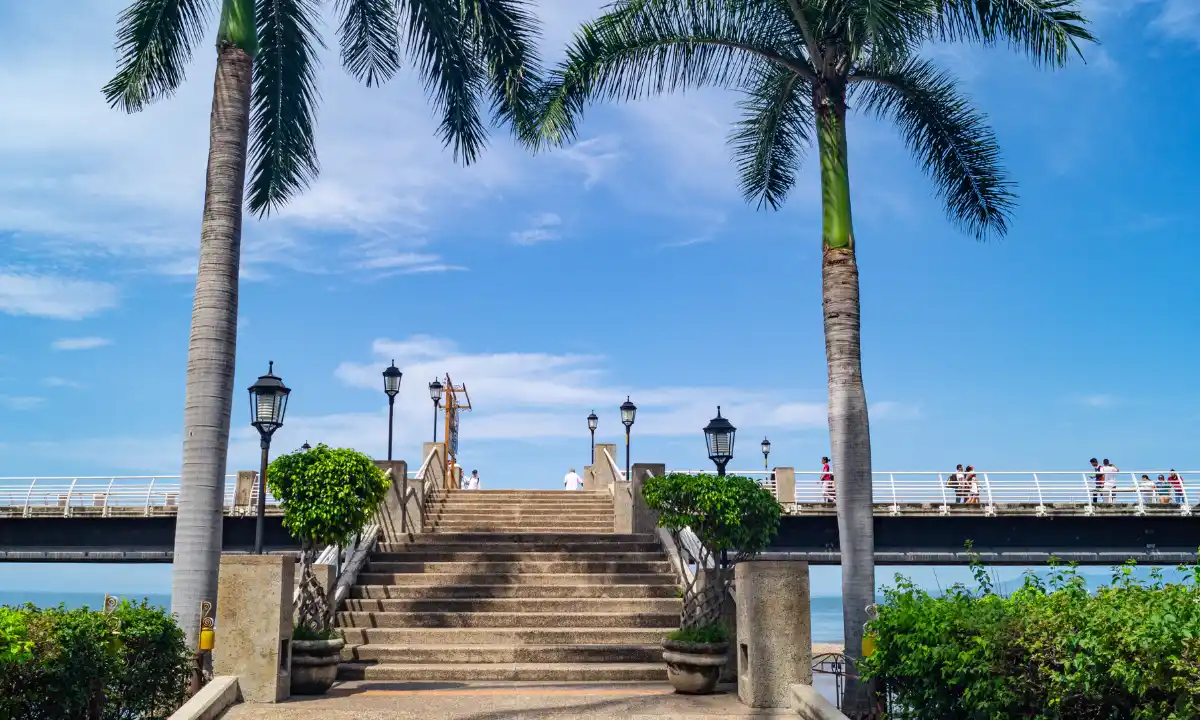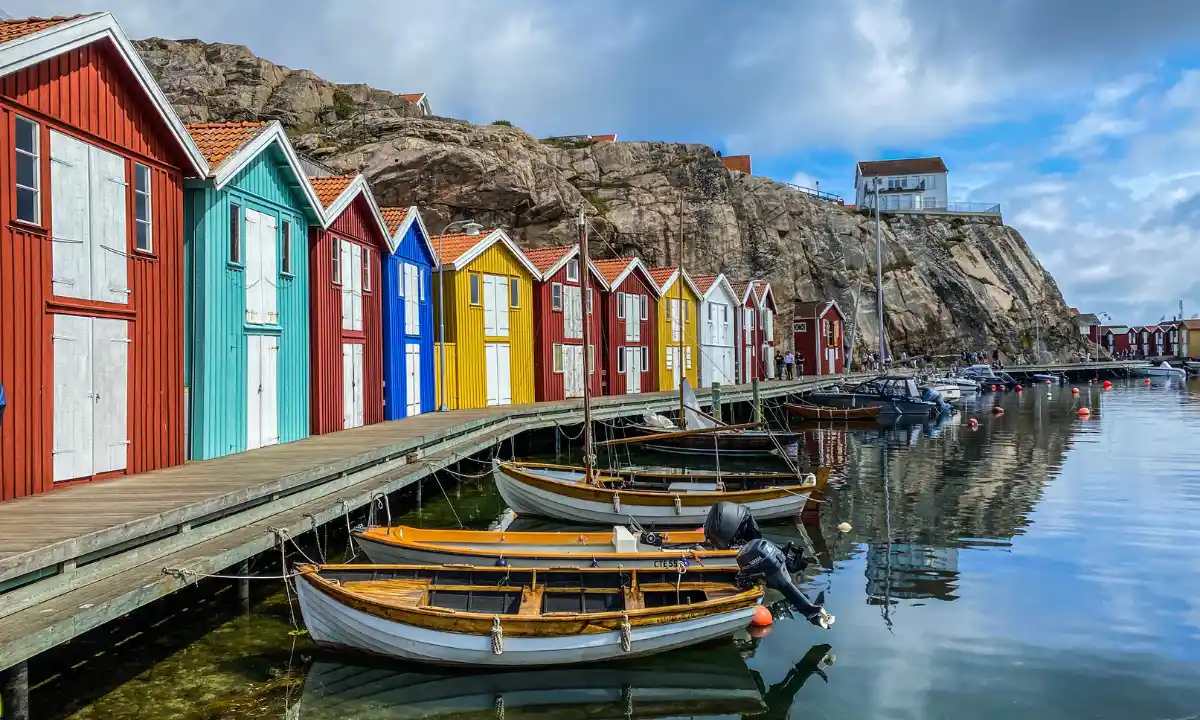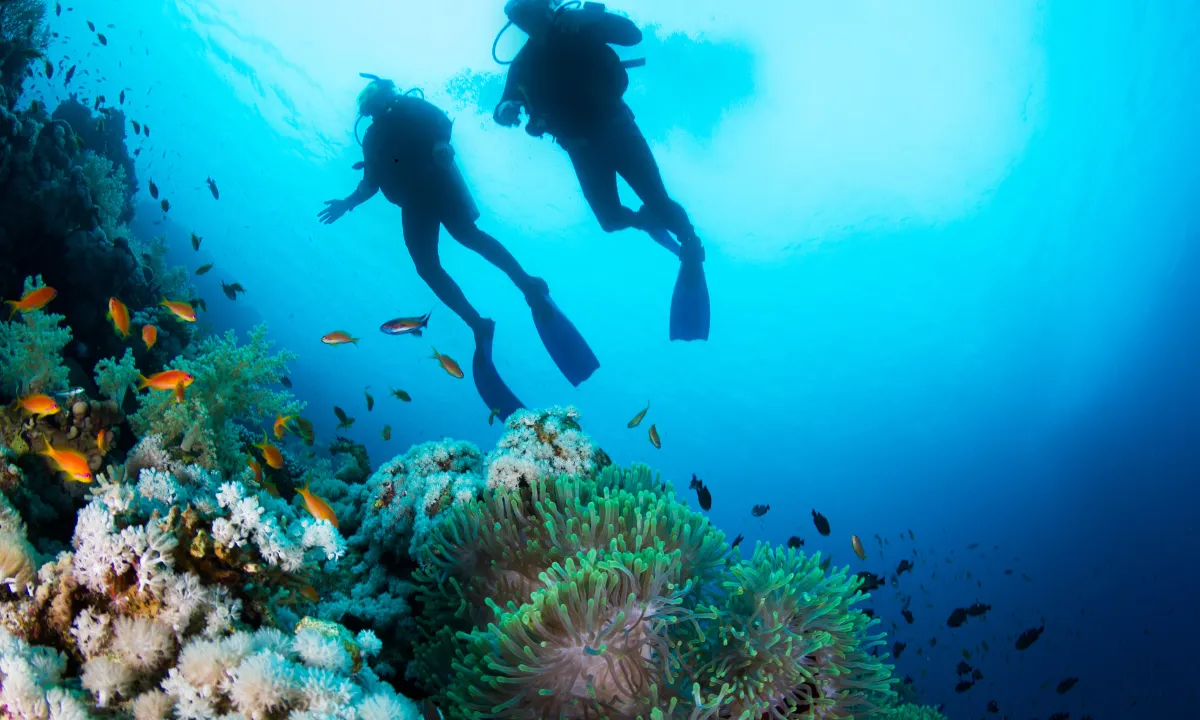Chartering a boat or yacht can be one of the most rewarding ways to explore the open waters, but many travelers overlook a critical part of the process: the licensing and certification rules. Whether you’re planning a private catamaran cruise along Mexico’s Banderas Bay or a bareboat charter in Europe, every region has its own legal framework. Understanding these requirements not only ensures your safety but also protects your booking, your insurance coverage, and your overall experience. This guide breaks down everything you need to know about boat licenses in 2026, including regional laws, certifications like the ICC, and what you need for private versus commercial charters.
Why License & Certification Requirements Matter for Chartering
Licensing rules are not just paperwork; they safeguard both passengers and operators. A valid license proves your ability to handle the vessel safely, which is vital for insurance and maritime compliance. Many charter companies and marinas require proof of certification before letting you take control of a boat, especially for bareboat charters. Without it, your booking may be denied, or worse, your insurance could become void if an incident occurs.
Understanding these regulations also helps protect your investment. Different countries, including Mexico, Croatia, and Greece, follow unique standards based on vessel size and purpose. Knowing the right documents to carry helps you avoid legal fines or impoundment..
Recreational Boating vs Commercial Charter: Where Licensing Differs
Licensing varies depending on whether the vessel is used for personal leisure or for commercial activity. Recreational use typically involves smaller, privately operated boats, while commercial charters include yachts rented to paying guests. Understanding this distinction helps you determine what certifications you need and what legal responsibilities apply.
Private Use Boating, Minimal or No License Scenarios
For personal boating, many countries, including Mexico, offer relaxed regulations for smaller vessels under certain size limits. For instance, small craft used in domestic or calm coastal waters usually do not require a formal boating license. Denmark, for example, permits boats under 15 meters to operate without a certified skipper, while the U.S. allows recreational operation in most states with only a boater safety course.
In Mexico, travelers renting small motorboats or catamarans for personal use typically don’t need a license if a professional crew is onboard. However, if you plan to operate the boat yourself, especially in open water, authorities may require proof of basic competency. Always confirm this with your charter company to avoid misunderstandings during inspections.
Commercial Charter & Bareboat Licensing, Higher Standards
Once a vessel is used commercially, the standards rise significantly. If you charter a boat without a skipper, known as a bareboat charter, you become the legal operator and must meet international safety and navigation standards. Most destinations, including the Mediterranean, require an International Certificate of Competence (ICC) or equivalent. Additionally, operators may need a VHF radio licence to communicate with ports and rescue services.
For crewed yachts or larger charters, the captain and staff must hold professional maritime licenses. In Mexico, companies like Palmara Charters ensure that every captain meets SEMARNAT (environmental and maritime authority) requirements, providing peace of mind for guests.
Flag State, Location & Charter Type, What Affects the Rules?
Licensing is not universal; it depends heavily on three factors: the flag the vessel sails under, the country of operation, and the type of charter. A yacht registered under the British flag but operating in Mexican waters, for example, must follow both UK licensing standards and local maritime laws.
For bareboat charters, destination rules matter most. European waters, like Greece or Spain, require strict ICC proof, while Mexico’s coastal zones are more flexible for leisure use. Commercial charters, however, must always comply with the vessel’s flag-state regulations, insurance conditions, and port authority laws. To simplify this, professional operators like Palmara Charters handle all documentation, ensuring your voyage remains legal and hassle-free.
Country-by-Country Highlights: What You’ll Encounter
Each boating destination enforces different licensing requirements. Here’s an overview of the key regions:
- Europe (Croatia, Greece, Spain): The ICC is mandatory for bareboat charters. Some countries also accept national boating licenses if they meet EU standards.
- USA & Canada: Private boating generally requires a state-issued safety certificate, but commercial charters need an OUPV (Operator of Uninspected Passenger Vessels) license issued by the U.S. Coast Guard.
- Mexico & Caribbean: Private charters are flexible, tourists don’t need a license if they hire a local skipper. For bareboat or commercial operations, registration with SEMARNAT and proof of experience may be required.
| Region | Private Use | Bareboat Charter | Commercial Charter | Required License Type |
| Europe (Spain, Greece) | Often no license for small boats | ICC or national equivalent | Professional Captain | ICC / RYA / Local Equivalent |
| USA | State boating course | OUPV or Captain’s License | U.S. Coast Guard Certified | OUPV / Master |
| Mexico | No license (with crew) | Basic competency proof | SEMARNAT-certified crew | National permit / Professional License |
| Caribbean | Optional for crewed | ICC recommended | Flag-State Certified | ICC / Local Charter Permit |
Bareboat Charter Requirements & Qualifications
A bareboat charter gives you full control; you act as the captain, manage the itinerary, and operate the vessel without crew assistance. This setup offers freedom but also requires skill and proof of qualification. Most charter companies will ask for:
- A valid boating or sailing certificate (ICC, RYA, or ASA equivalent)
- A VHF radio operator’s license
- A sailing résumé or logbook proving experience in similar waters
Typically, you must be over 18 (sometimes 21) and able to handle the specific size of the boat you’re renting. In Mexico, operators offering bareboat charters verify experience before approving rental requests. For travelers who prefer a stress-free experience, a crewed charter with Palmara Charters is a simpler and safer option, no license required, and everything from navigation to safety is handled by professionals.
Private Yacht or Superyacht Charter: Extra Legal & Insurance Layers
When you charter a private yacht or a luxury superyacht, the legal requirements become more detailed because these vessels operate under both local and international laws. Fully-crewed charters require all professional crew members to hold valid maritime certifications, including safety training (STCW), medical clearance, and specific roles like navigation or engineering. The vessel itself must comply with flag state laws, which define how it is registered, insured, and inspected for safety standards.
Charter contracts play a major role here. They outline insurance coverage, passenger limits, fuel costs, and the terms under which the yacht operates commercially. Most countries classify Yacht Charters as commercial operations, meaning higher regulatory oversight, even if guests treat the experience as private. In Mexico, operators such as Palmara Charters ensure all their captains and vessels meet national and international safety and insurance standards, giving travelers peace of mind during every voyage.
Starting a Charter Business: Licensing, Regulations & Operational Requirements
Launching a yacht or boat charter company involves more than purchasing a vessel; it’s a regulated business that requires proper documentation and compliance. The first step is vessel registration under a recognized flag state, such as Mexico, the U.S., or the British Virgin Islands. Each country has its own legal framework for commercial use, including permits, safety inspections, and liability coverage.
Owners must also ensure their crew holds valid licenses and that their vessels meet classification society standards, such as those set by the American Bureau of Shipping (ABS) or Lloyd’s Register. These organizations verify seaworthiness and operational safety. Regulations also differ by region; for example, Mexico requires environmental compliance from SEMARNAT, while European operators adhere to MCA (Maritime and Coastguard Agency) codes. Proper business insurance, tax registration, and service quality standards complete the process for a legitimate and trusted operation.
Buying a Boat for Charter? Ownership vs Usage Licensing
Owning a boat and using it for chartering are two different legal scenarios. If you buy a vessel solely for private use, you usually only need basic registration and insurance. However, if you plan to rent it out or operate commercial charters, you must register the boat as a commercial vessel, comply with maritime safety inspections, and maintain commercial insurance coverage.
Licensing costs can vary widely, depending on your country and the type of charter service you offer. While commercial registration increases expenses, it also allows you to generate revenue legally through paid charters. Many yacht owners offset maintenance costs by placing their vessels into management programs, where companies like Palmara Charters handle bookings, crew, and maintenance in exchange for revenue sharing, combining compliance with convenience.
| Ownership Type | License Needed | Registration Type | Cost Implications | Revenue Potential |
| Private Use Only | Basic boating license | Private | Low | None |
| Charter Use (Commercial) | Commercial license | Commercial | High | High |
| Managed Charter Program | Company-handled | Commercial | Moderate | Shared |
Documents Checklist: What to Have Before You Set Sail
Before heading out on the water, make sure you have the right paperwork ready. These documents not only prove legal compliance but also ensure smooth dealings with marinas, authorities, and insurers.
Essential Documents:
- Valid boating or sailing license (ICC, RYA, or national equivalent)
- VHF radio operator certificate for communication and emergencies
- Boat registration and vessel certificate showing legal ownership
- Insurance papers covering third-party and passenger liability
- Charter agreement outlining terms and responsibilities
- Passenger manifest and crew list, if required for inspection
| Charter Type | Required Documents |
| Private/Leisure | License (if self-operated), registration, insurance |
| Bareboat | ICC or equivalent, VHF license, insurance proof, and charter agreement |
| Crewed/Commercial | Commercial registration, crew certificates, passenger manifest, and insurance |
Having these ready avoids delays and legal complications at ports or marinas.
FAQs: Common Licence & Charter Questions Answered
Do I need a licence to charter a boat in Mexico?
If you rent a boat with a crew provided by the charter company, you don’t need a personal boating licence. However, for bareboat charters where you act as the skipper, proof of competency may be required.
Can I charter a yacht without a licence if I hire a skipper?
Yes. Most yacht charters in Mexico include professional skippers, allowing you to enjoy your trip without needing certification.
What happens if I charter without the correct documentation?
Operating without valid papers can lead to fines, denied insurance claims, or vessel detention. Always verify your paperwork before departure.
Will my national boating licence be valid overseas?
Many licenses are recognized internationally, especially the ICC. Still, always check with your charter provider or local authorities to confirm.
Is there a minimum age to act as skipper on a charter vessel?
Most regions set the minimum age between 18 and 21, depending on boat size and the waters operated in.
Final Thoughts: Make Sure Your Charter Starts Right
Chartering a yacht or running your own boating business can be incredibly rewarding, but only if handled within the legal framework. Licensing protects passengers, owners, and operators alike by ensuring safety and compliance with maritime laws. Whether you’re exploring Mexico’s coastlines or operating this means you can enjoy the sea with confidence, knowing every voyage meets safety and legal standards. Before booking or buying, double-check your destination’s requirements; it’s the smartest way to ensure smooth sailing every time.
Disclaimer
The information provided in this article is for general informational purposes only and should not be considered legal, maritime, or professional advice. Licensing and certification requirements for boating and yacht chartering vary by country, region, and vessel type, and may change over time. Readers are strongly encouraged to consult official maritime authorities, coast guards, or certified legal advisors before operating or chartering any vessel.









